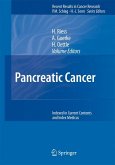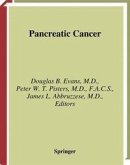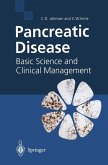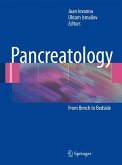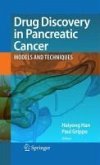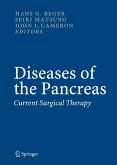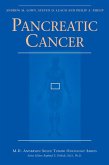Authoritative and practical, written by highly renowned investigators with expertise in pancreatic cancer, Pancreatic Cancer: Methods and Protocols, Second Edition is an invaluable source of proven protocols to those who are interested in joining the fight against pancreatic cancer.
Dieser Download kann aus rechtlichen Gründen nur mit Rechnungsadresse in A, B, BG, CY, CZ, D, DK, EW, E, FIN, F, GR, HR, H, IRL, I, LT, L, LR, M, NL, PL, P, R, S, SLO, SK ausgeliefert werden.
"This book describes methods and techniques that are used in pancreatic cancer research. ... It will be most useful for postdoctoral researchers and novice principal investigators, as well as any investigators who want to focus on pancreatic cancer research, particularly if they are looking for a technique to fit a specific need. ... It is a useful reference and go-to guide for exploring new protocols and techniques. It is also handy for seeing how an existing technique might be altered slightly to suit another need." (Naomi Akagi, Doody's Book Reviews, September, 2013)



